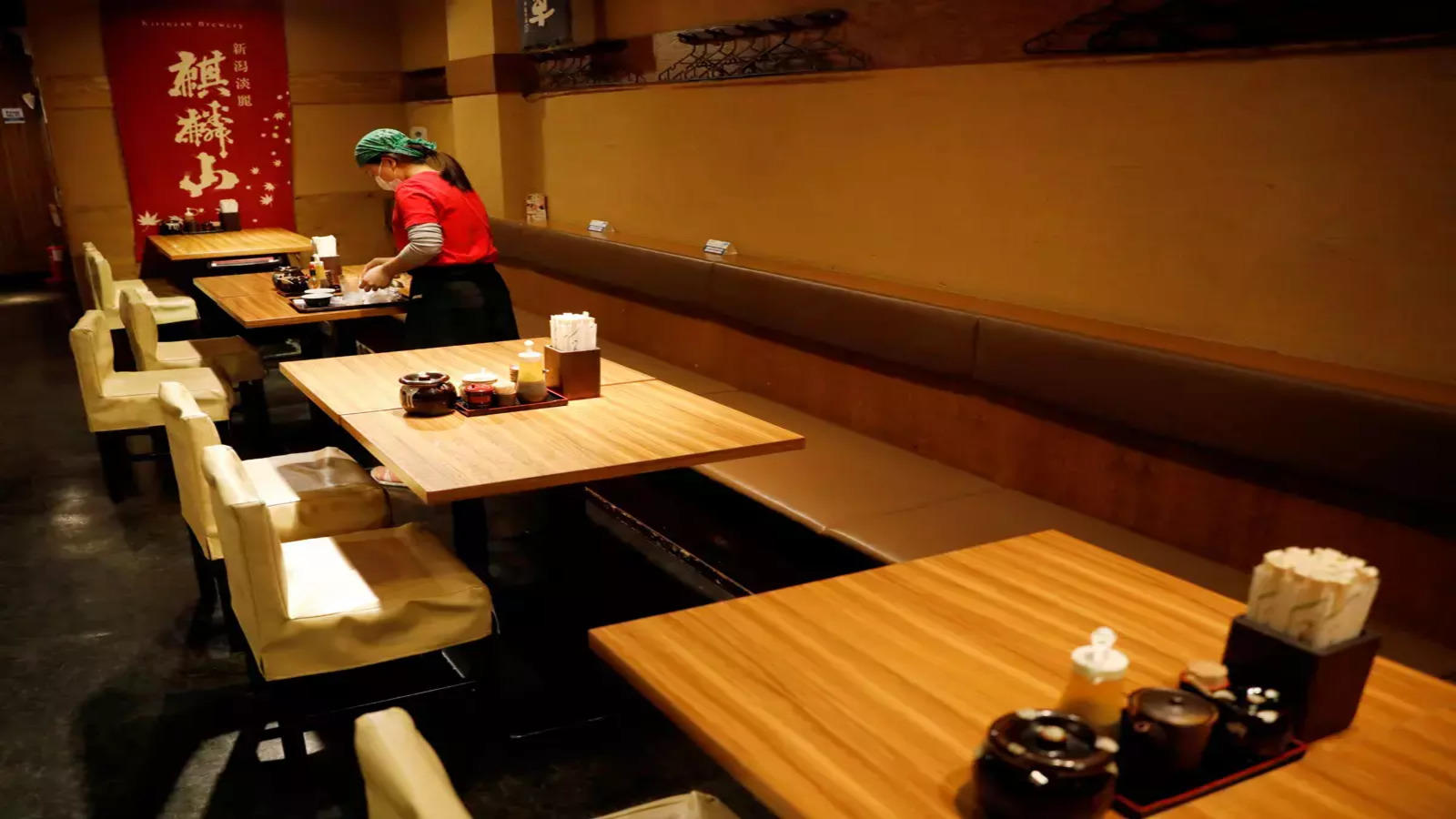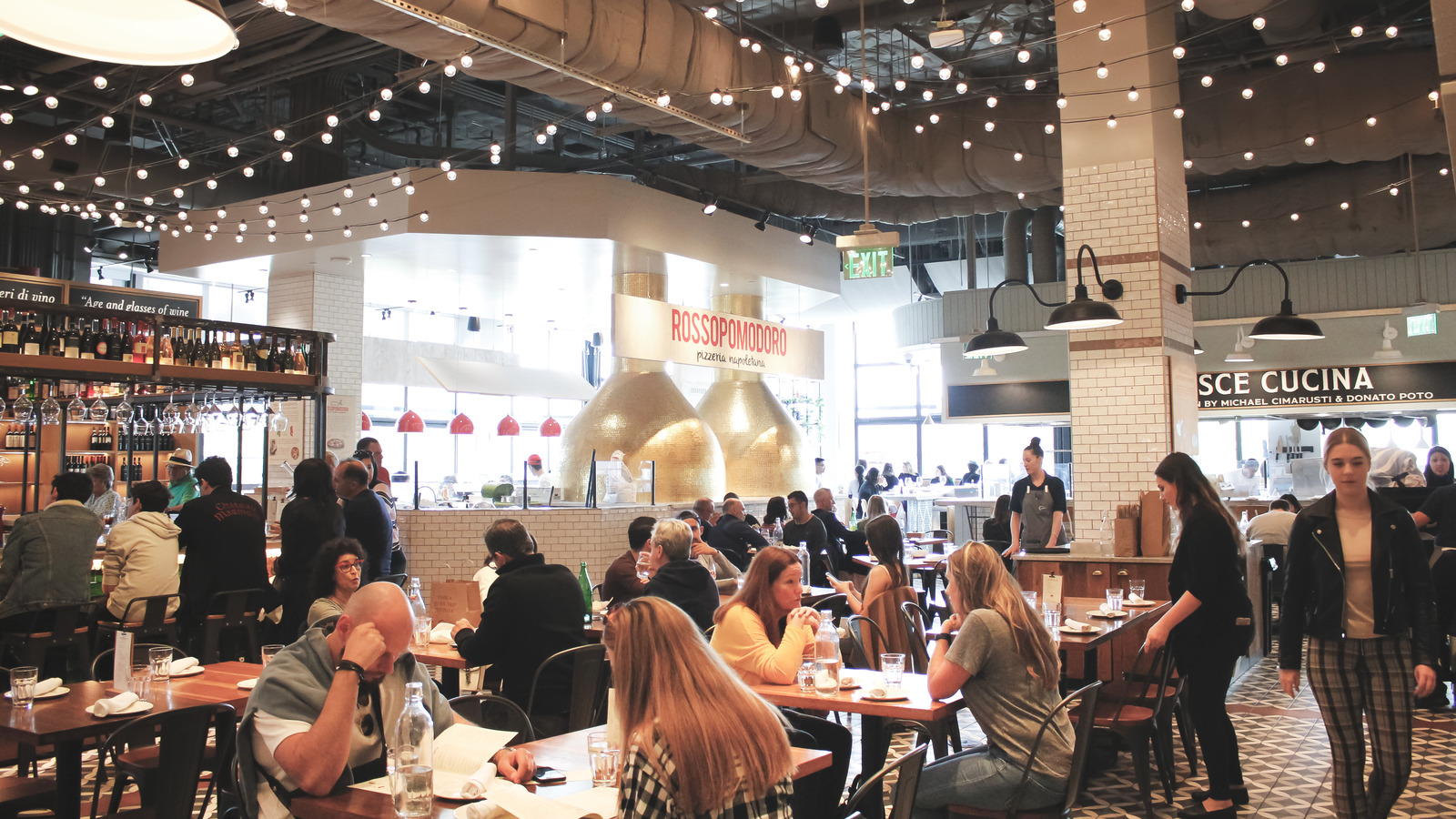The restaurant industry, particularly the fast-casual sector, is facing a notable downturn as economic pressures and shifting consumer behaviors begin to bite. According to a recent report by Bloomberg News, renowned chains like Red Lobster and TGI Fridays are feeling the heat, with rising labor costs and a noticeable shift in dining preferences—more people are opting to eat at home. These developments come at a time when consumer sentiment is evidently on a decline, reflecting broader economic concerns that impact spending habits.
Red Lobster, amidst rumors of potential bankruptcy, and other similar eateries are reportedly struggling to maintain their footing in an increasingly challenging market. Dennis Cantalupo, CEO of Pulse Ratings, emphasized the strain on these businesses, noting, “These chains are feeling it the most.” He pointed out the dire need for these companies to brace for a potential prolonged downturn, especially since the most price-sensitive diners are not rushing back to dining out.

Consumer Sentiment and Economic Indicators
The latest Index of Consumer Sentiment from the University of Michigan paints a grim picture, showing a 13% drop in May alone—the lowest in six months. Joanne Hsu, Director of Surveys of Consumers, highlighted that consumers are now recognizing negative trends across various economic dimensions. “They expressed worries that inflation, unemployment, and interest rates may all be moving in an unfavorable direction in the year ahead,” Hsu noted.

Further compounding the issue, data from PYMNTS Intelligence reveals that wage increases are not keeping up with inflation, causing a significant impact on household budgets. With only 38% of workers expecting a wage increase this year—a decrease from the previous year—the financial outlook for many is bleak. Those living paycheck to paycheck are even more pessimistic, with just 29% anticipating a salary increase.
Earnings Insights Across the Fast-Casual Sector
The financial strain is evident in the recent earnings reports from various players in the industry. Starbucks, for instance, reported a disappointing second quarter for 2024, with CEO Laxman Narasimhan citing “fewer visits from our more occasional customers” as a primary reason for the decline. This resulted in a 1% drop in revenue year over year, and a 4% decrease in same-store sales.
For #MentalHealthAwarenessWeek we've teamed up with Sustainable Restaurant Association to explore how support networks can aid mental health & help our industry move toward a more sustainable future. Videos include @AndreaZick @apricitydukest & more https://t.co/gZDOKcunaP pic.twitter.com/y4zIMNix9f
— Women In the Food Industry (@women_food_wifi) May 13, 2024
In stark contrast, Chipotle has emerged as a beacon of resilience within the sector. The chain recently reported a sales increase, credited to a diverse customer base spanning low to high-income groups. CEO Brian Niccol attributed this success to what he describes as a “great value proposition,” which seems to resonate across all income cohorts.

Navigating Challenges: Fast-Casual Dining’s Road to Recovery
As the fast-casual dining sector navigates these tumultuous waters, the road to recovery seems fraught with challenges. The industry must adapt to the evolving economic landscape and shifting consumer preferences to regain stability. For some, like Chipotle, the path forward involves highlighting value and broad appeal. For others, the strategy may need a reevaluation to align more closely with the financial realities and lifestyle choices of today’s consumers.
In these uncertain times, the ability of these eateries to innovate and perhaps reinvent themselves could very well determine their fate in a post-pandemic economy that continues to redefine norms and expectations in the dining experience.










